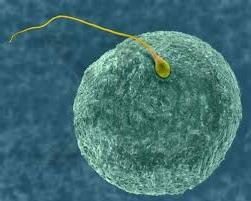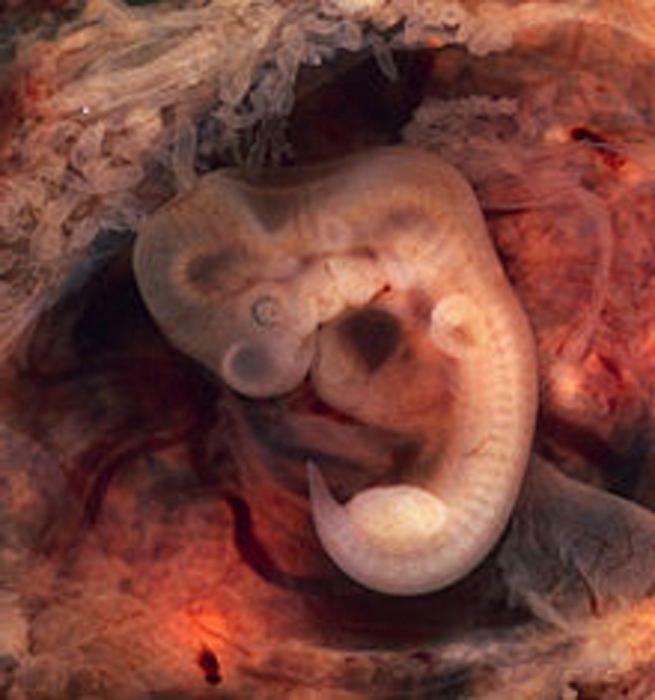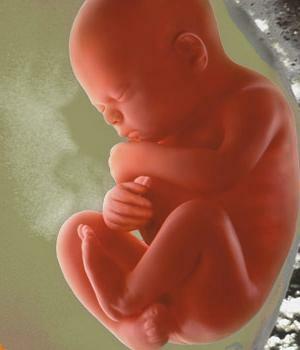The answer to the question: "Why is the embryonic period still called the embryonic period?"
In order to fertilize an egg, the spermatozoon must enter the female body and make its way to the fallopian tubes, where the female sex cells are located. The eggs themselves represent some kind of fortress, since they are covered with a special membrane, which represents a serious barrier to penetration inside. Therefore, not one million spermatozoons are sent to her assault. As soon as one( 2-3) of them was inside the egg cell, a whole series of chemical-biological and chemical-physical processes take place in it, which closes the "window" formed after its penetration. Since the sperm fertilized the ovum, a long process of embryo development, consisting of several stages, begins, one of which will help to find the answer to the question: "Why is the embryonic period still called the embryo?"
Stages of embryo development
Stages of embryo development are called trimester, as they reflect three consecutive periods of development of a fertilized egg within a woman's body. So, let us consider the features of each stage of development of the embryo.
The preembryonic stage. As a rule, its duration is 2-3 weeks. In this period, the future man begins division of the cells, and he begins to move to the uterus, where he attaches to one of the walls, destroying its mucous membrane with prominent enzymes and literally growing into it. Since dividing cells do not yet have the exact location and outlines of a person, the first trimester can not explain why the embryonic period is still called the embryonic period.
 The embryonic stage begins with the sixth week of pregnancy. The embryo is already turning into a full-fledged live fetus, as it forms all the basic systems and organs of the unborn child. This is why the embryonic period is still called the embryonic period.
The embryonic stage begins with the sixth week of pregnancy. The embryo is already turning into a full-fledged live fetus, as it forms all the basic systems and organs of the unborn child. This is why the embryonic period is still called the embryonic period.
The fetal stage begins with the 8th week of pregnancy. During the third period, the fetus is called "fetus"( "humanoid"), since it has already acquired the outlines of a person. The fetal stage lasts until the child is born.

The development of the human embryo in itself leads to a mobile and more intensive work of all organs and systems of the pregnant woman. This is to ensure the normal life and growth of the fetus. The fetus also has a number of special mechanisms that help it adapt to survival under adverse conditions. So, for example, in order to obtain the necessary amount of oxygen, the amount of red blood cells in the blood of the embryo almost doubles, on the basis of what, the heart rate also doubles. The increased blood flow from the mother's organism to the organism of the unborn child through the umbilical cord is provided by intensive work of the heart of the pregnant woman and so on.
So, you can come to the conclusion that the development of medicine does not stand still and every year more and more discoveries are made, related to the amazing state of a woman during pregnancy. Even literally 10 years ago, physicians did not expect what great discoveries they could make, why the embryonic period is still called the embryonic period. Now they have discovered how the organs of the developing man work, what features he has in this or that stage of development, and much more.
